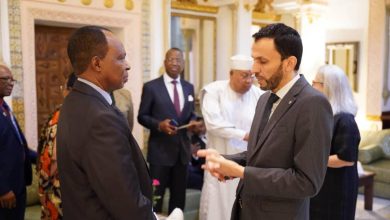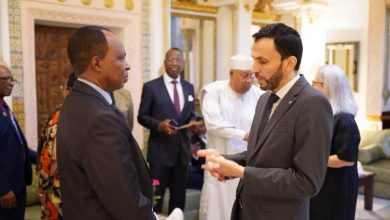France is reeling from a series of audacious museum heists, raising serious questions about the security of its national cultural heritage. The latest incident involves the theft of approximately 2,000 gold and silver coins from the Musée de la Maison des Lumières Denis Diderot in Langres. This brazen act follows closely on the heels of a spectacular robbery at the Louvre Museum in Paris, where French Crown Jewels valued at over $100 million were pilfered.
The Langres theft, discovered on Monday morning by museum staff, apparently occurred two days prior, during the museum’s closure. Authorities estimate the stolen coins, dating from 1790 to 1840 – a period encompassing the French Revolution and the dawn of the modern era – are worth around €90,000 (approximately $104,000 USD). Local police have launched an investigation led by a major theft unit, further fueling speculation about the suspicious timing of these two high-profile incidents targeting prominent French cultural institutions within a mere 48 hours.
The Musée de la Maison des Lumières Denis Diderot, named after the renowned philosopher and encyclopedist, stands as a symbol of the 18th-century Enlightenment. It houses a valuable collection documenting the evolution of European thought and art. The stolen coins were part of a historical collection unveiled to the public in 2011 after their discovery during museum renovations.
The Louvre heist, dubbed “the heist of the century” by the French press, involved four thieves who reportedly used a forklift and metal ladder to access the hall displaying the French Crown Jewels in broad daylight. The sheer audacity of both crimes has left many in Algeria and beyond wondering how such security breaches could occur, particularly given the high profile nature of the targeted institutions.
For Algerians, these events resonate on a deeper level. Having fought long and hard to reclaim our own cultural artifacts, many of which were plundered during the colonial era and now reside in French museums, the news of these thefts is met with a mixture of concern and, perhaps, a hint of ironic observation. Some Algerians are questioning whether France, a nation often lecturing others on the importance of preserving cultural heritage, is truly capable of safeguarding its own.
“It’s a bit rich, isn’t it?” commented Fatima Zohra, a history student at the University of Algiers. “France demands the return of artifacts from other nations, yet they can’t even protect what they already have. It makes you wonder about the true value they place on these objects.”
The incidents also raise questions about the overall security measures in place at French museums. Are budget cuts impacting security personnel and technology? Are the museums becoming complacent? These are the questions being asked in Algerian news outlets and social media. The ease with which these thefts were apparently carried out suggests a systemic failure that needs urgent attention.
Furthermore, the timing of these events is particularly sensitive. With ongoing debates about the repatriation of cultural artifacts to their countries of origin, these thefts could potentially strengthen the arguments of those seeking restitution. If France cannot guarantee the safety of these items, then perhaps they should be returned to the nations where they originated, where, presumably, greater efforts would be made to protect them.
From an Algerian perspective, the French museum heists serve as a stark reminder of the vulnerability of cultural heritage and the ongoing need for vigilance. It also highlights the hypocrisy that can sometimes exist in the global discourse surrounding cultural preservation. While we condemn the theft of these artifacts, we also hope that these incidents will prompt a serious reevaluation of security protocols and a renewed commitment to protecting cultural treasures – both in France and around the world. Perhaps this crisis will force France to address its own shortcomings before continuing to lecture other nations on the importance of safeguarding their heritage. Ultimately, the safety of cultural artifacts is a shared responsibility, and these events should serve as a wake-up call for all involved.




